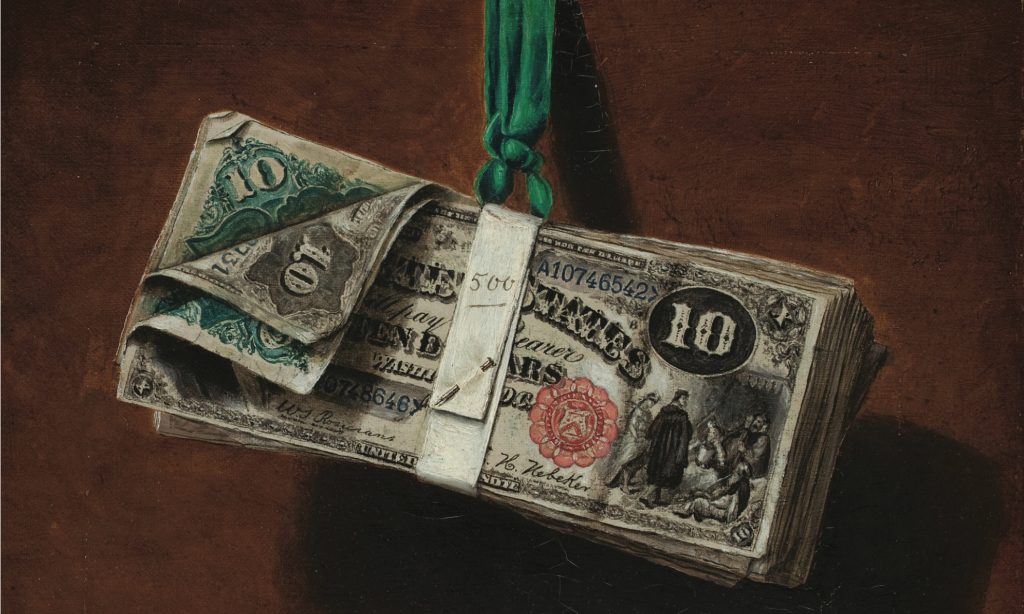
Will the 800+ Program Help Win Next Election in Poland?
In 2015, the right-wing Law and Justice (PiS) party won the elections, promising a significant new social support program. In March 2016, with a majority in the parliament, PiS introduced the \"Family 500+\" program, which provided an additional payment of PLN 500 per child per month. Initially, the program was for a second and subsequent child in a family, but later it was extended to include the first child as well.











